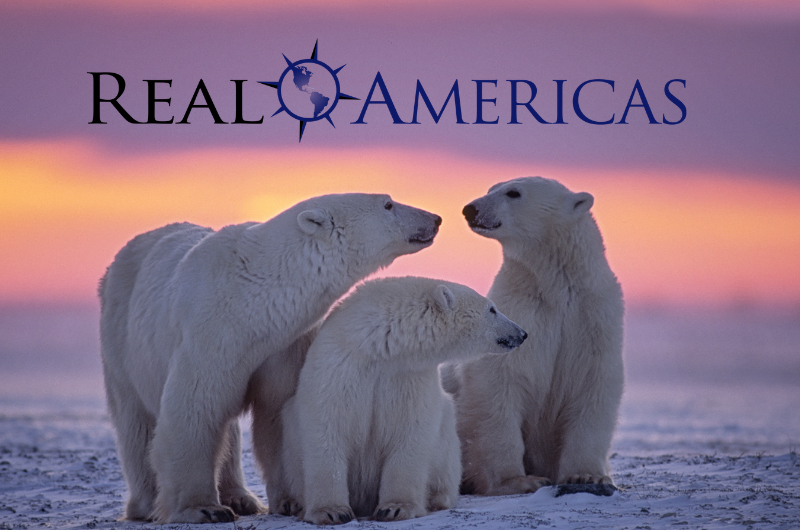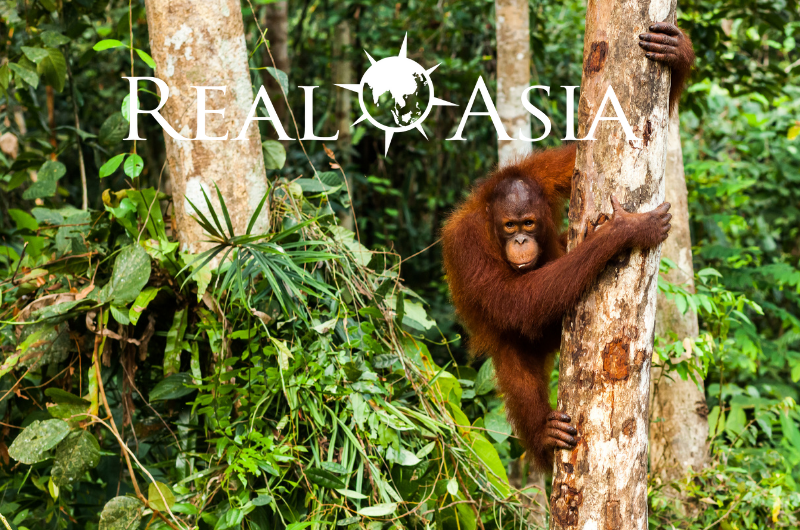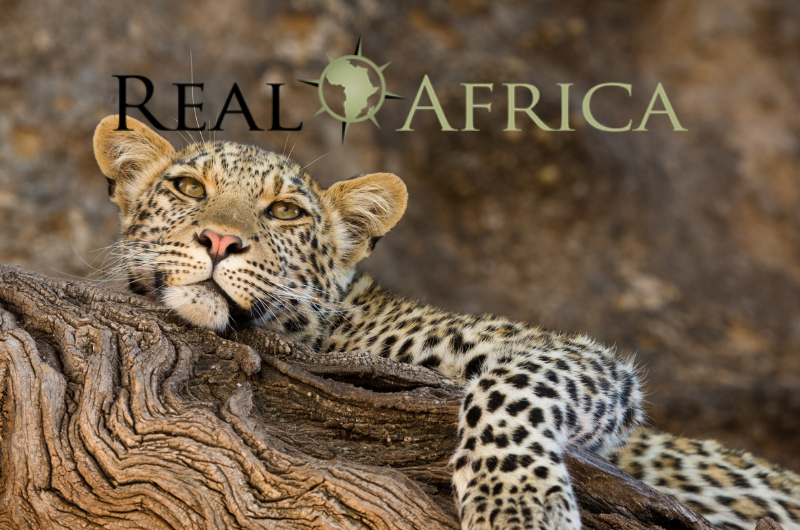We love to travel. The wilder the better.
By making smart choices and travelling responsibly we have the opportunity to help conserve our natural world. Sustainable eco-tourism ensures the benefits of your trip outweigh the environmental impact of getting there and back.
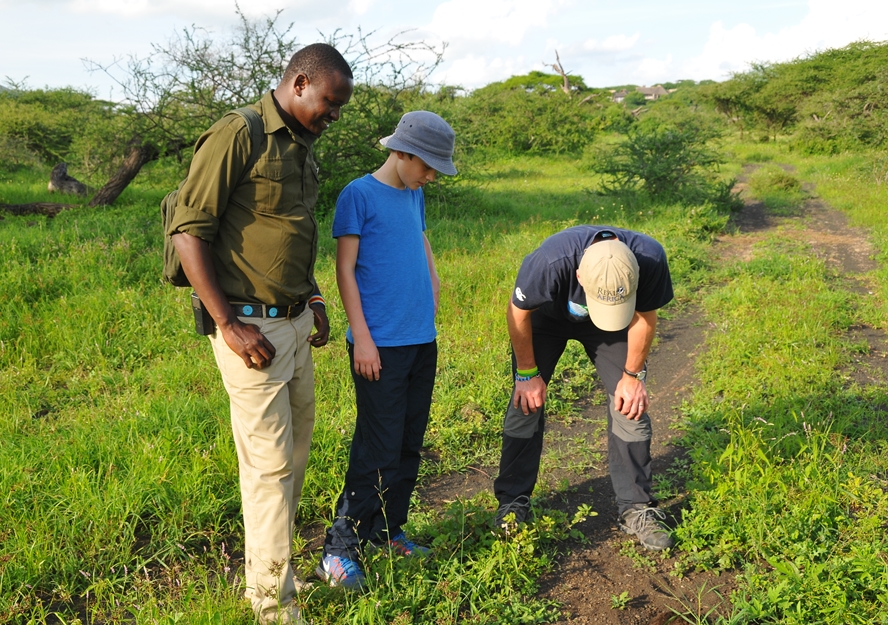
Ecotourism is vital to conservation. It gives wild areas an economic value, helping to conserve biodiversity and empower local communities by generating investment and creating employment opportunities.
SANParks (South African National Parks) generates 80% of its operating budget from ecotourism.
A firsthand experience of a place can greatly enhance our understanding of it. Understanding the ecological, economic and social value of an ecosystem is the key to protecting it. To find out more read on…
CASE STUDY – ZAMBIA
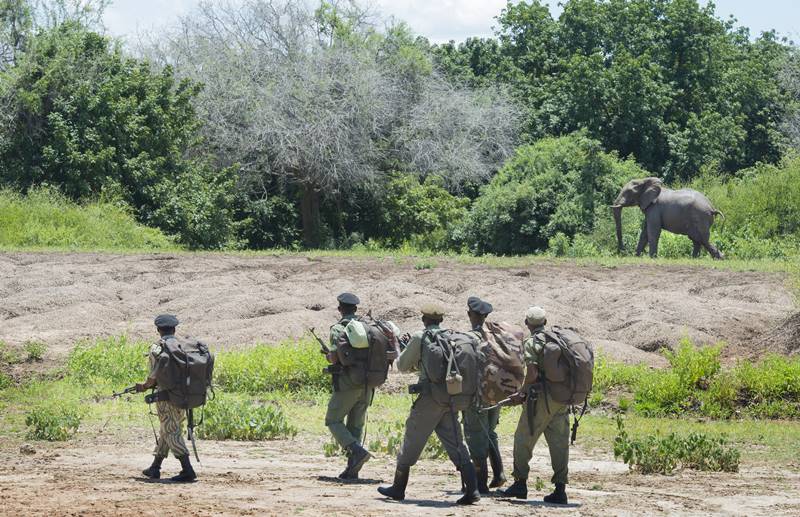
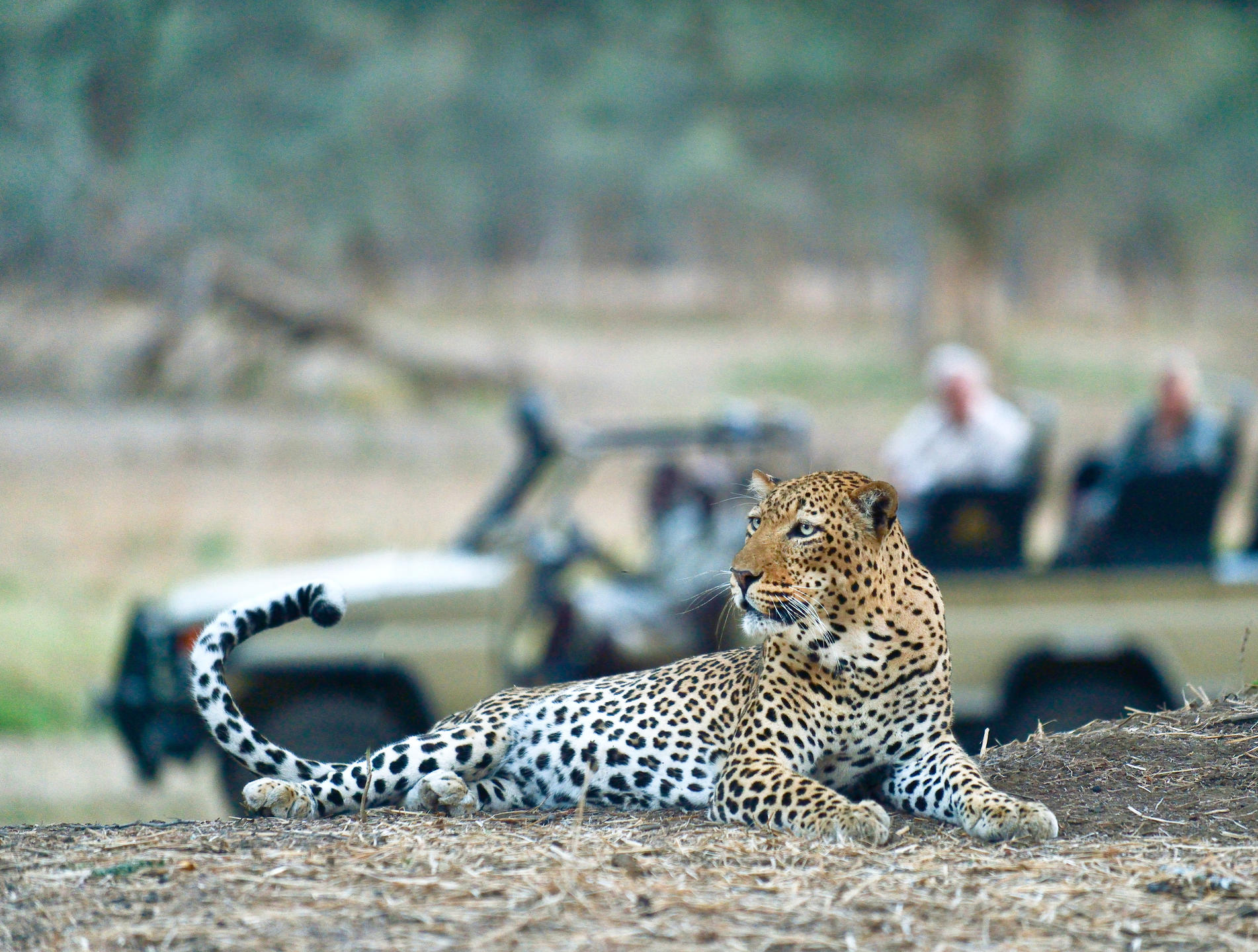
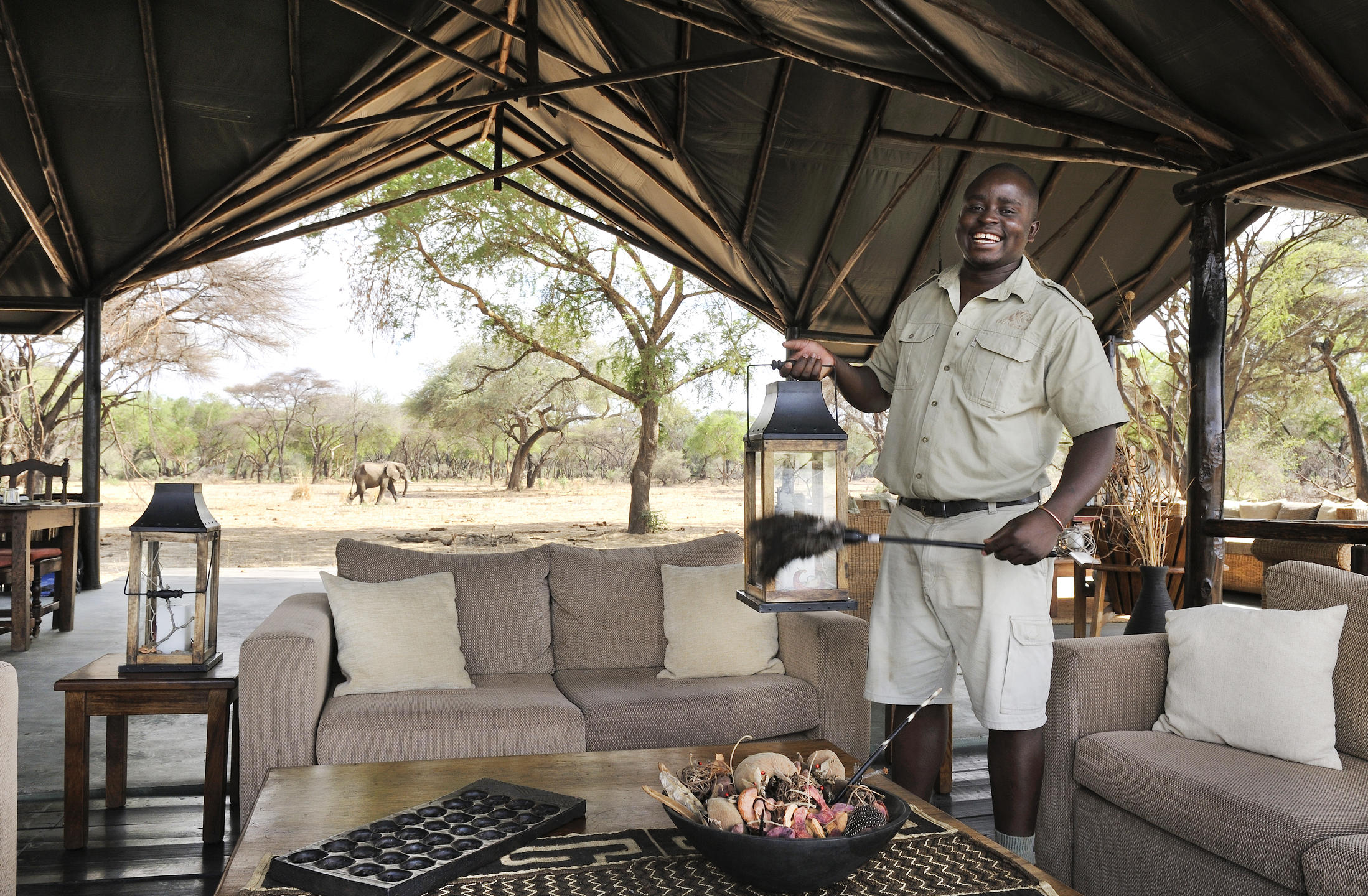
The Lower Zambezi National Park (LZNP) is Zambia’s youngest national park. It sits opposite Zimbabwe’s famous Mana Pools, on the north bank of the Zambezi River in the south-eastern corner of the country and is a stronghold for elephants. An abundance of wildlife inhabits this valley including key species such as wild dog, lion, leopard and pangolin. It is a beautiful and incredibly rewarding area to visit, which has been transformed by ecotourism.
During the 70s and early 80s the Lower Zambezi was a private hunting ground. In 1983 it received National Park status. The first safari camp, Chiawa, sprung up in 1989 and was followed by others in 1990. Together the camps started to develop a tourist infrastructure. However, poaching was decimating the wildlife and the Department for National Parks and Wildlife (DNPW) was struggling to cope.
In 1994 Conservation Lower Zambezi was established, a non-profit organisation committed to the protection of wildlife and to the sustainable use of natural resources in the region. CLZ supported DNPW activities and together, by 2013, they had remarkably reduced elephant poaching in the LZNP to the lowest level on record. In the meantime the infrastructure continued to develop, more safari operators moved into this beautiful area, and with more wildlife, more visitors were attracted to the park.
Sustainable wildlife tourism has undoubtedly played a crucial role in shaping and protecting the Lower Zambezi.
Tourism continues to generate funds required for law enforcement, infrastructure and facilities such as schools and clinics, and it provides a whole range of job opportunities from builders, guides and housekeeping staff to rangers and mechanics. Many of these people are from low-income local communities.
During the pandemic, lodges and tourism operators were forced to close down or operate at minimum capacity due to the collapse of eco-tourism. Without support, many people had no means to provide for themselves and their families and some were forced to turn to poaching for subsistence.
Explorers Against Extinction was able to support CLZ with emergency funding during this critical time in 2020 to keep Community Scout Patrols going. These community patrols have a double benefit – safeguarding people and wildlife. Scouts are respected within the local community, often supporting an extended family network with their earnings.
Image credit: Francois D’Elbee CLZ (top); Ol Mondoro, Chiawa Safaris (middle and bottom)
The Americas include the most biodiverse regions on the planet. Unique destinations include the Amazon, the Galapagos Islands, the Andes and the remote, frozen wilderness of Antarctica.
Vibrant Asia does everything on grand scale – from the icy peaks of the Himalaya to steamy jungles where tigers still roam, this is a continent steeped in history and offering a huge diversity of experience.
There is nowhere quite like Africa. From the wildlife-rich plains and cloud forest to tropical Indian Ocean islands, Africa offers incredible holiday experiences and an opportunity to witness conservation in action.
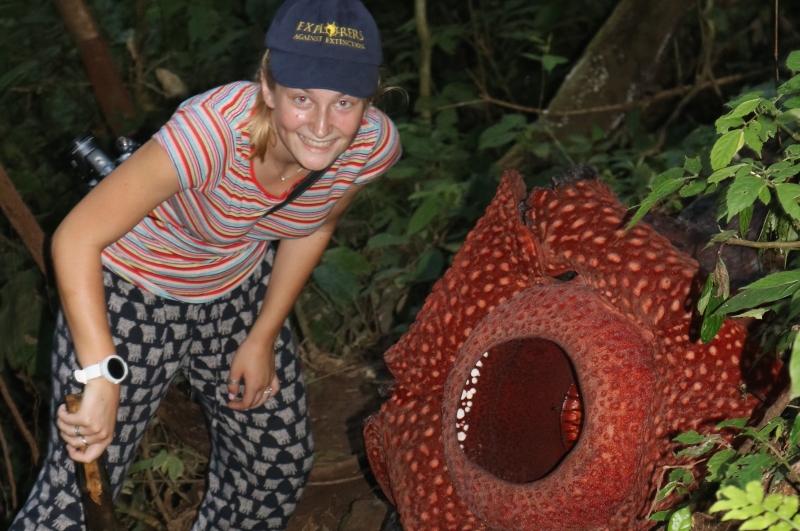


WHY IT MATTERS

Ecosystems rich in biodiversity provide a catalogue of goods and services. These are essential to life. They help to purify the air and stabilise the climate, pollinate our crops, prevent erosion, provide recreation, food including fish, fruit and nuts and goods such as timber, energy and water.
Yet 50% of wetlands have been drained, an estimated 14.6 million hectares of forest were lost to deforestation per year between 1990 and 2000; about one-third of the world’s coral reef systems have been destroyed or degraded and over 20% of mammals are globally threatened. These ecosystems do not have a tangible economic value and it is only now that we are beginning to appreciate the impact of their degradation on our lives.
Sustainable use of protected areas is the key and eco-tourism is one way to give wild areas an economic value, and ensure people living on the edge of them can make a living too.

The idea of ‘responsible tavel‘ is that your trip has a far lower impact on the environment than conventional travel. The specific focus of ecotourism is on visiting beautiful natural areas and immersing yourself in nature. The emphasis is on the experience, with stays in small low-impact properties and ecolodges and activities revolving around nature. Your trip should help to provide sustainable income for the local community, and protect the environment.
The choices we make – from choosing a tour operator, a destination and activities – govern how the money we spend is redistributed.
DO support the local economy – the lady pictured is working at Kazuri Beads in Kenya – a member of the World Fair Trade Organization, Kazuri employs disadvantaged people, particularly single mothers, to handcraft beautiful ceramic beads. DON’T support pursuits which exploit local people and wildlife – for example ‘red flag’ activities include riding an elephant or petting a captive cheetah.


